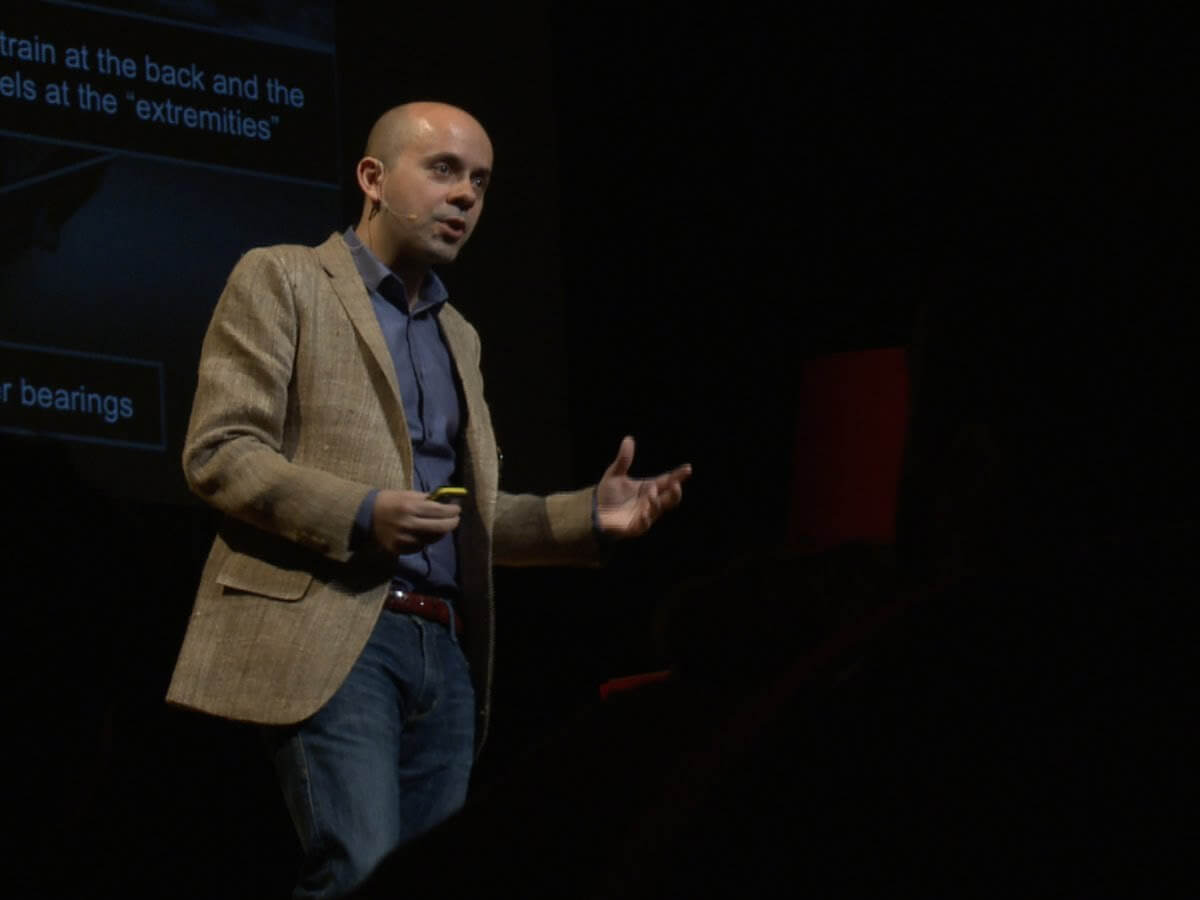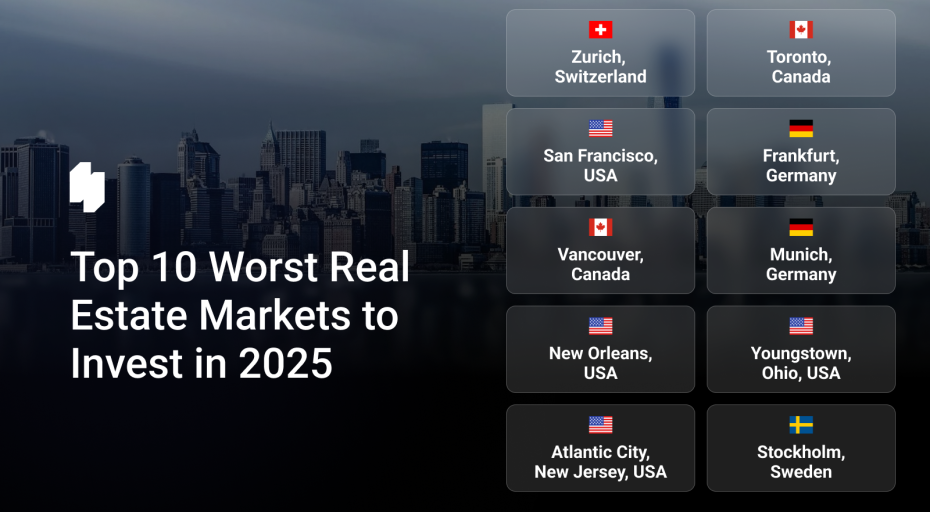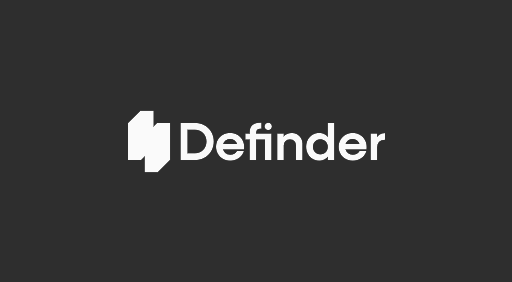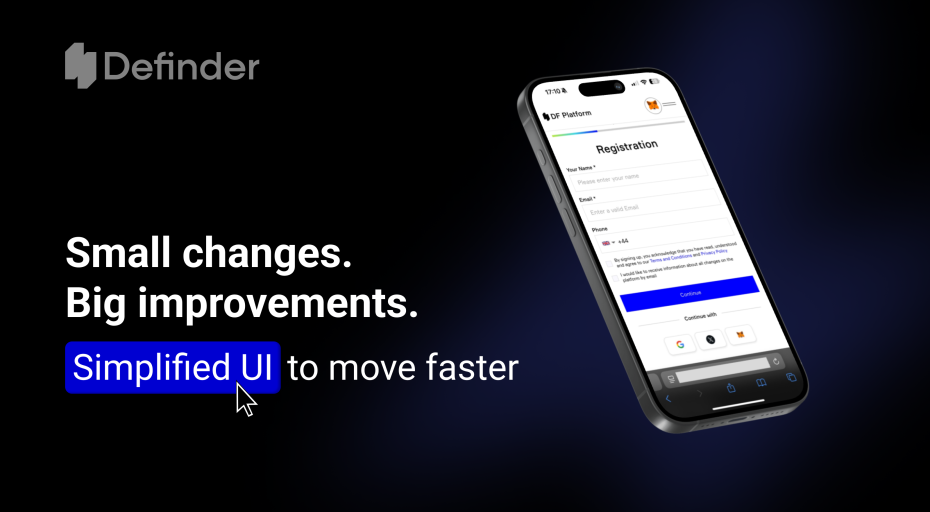Aditya Dev Sood: Idea of Co-working Space Tokenization Makes Perfect Sense
Smartlands is starting a series of interviews with associate Partners, Advisors and the most remarkable people from the Smartlands community. Last week Victor Yermak, Business Development Director of the Smartlands Platform, ran a productive meeting with Aditya Dev Sood, Indian Market Advisor of the Smartlands Platform, where they discussed some new ideas on tech market expansion.
Tokenization of real estate and commercial property in Europe (London, Berlin), Asia (Singapore) and India is the major focus of the Smartlands Platform. Co-working spaces for startups are the best examples of projects that work with an ABT concept.
Besides his role as advisor for Smartlands, Aditya helps companies such as Truelancer, WOOBUS, Medimojo, and 8Minutes. He has profound experience in supervising startups in Data-driven business, tremendously helping them scale up to a new level.
Aditya Dev Sood is Chief Mentor and General Partner of the Startup Tunnel, an Indian early stage accelerator for startups engaging in India’s urban mass market. He has been looking for the most interesting and prominent projects in the Indian market, relating to fintech, networked healthcare, digital governance, scalable cleantech, and B2B SaaS, for the last three years.
His extensive interests in the sphere of technology include blockchain-enabled cryptocurrency applications, data analytics, machine learning and artificial intelligence, artificial reality and virtual reality, internet of things, robotics, mobile and cloud computing platforms.
We would like to introduce Aditya to the Smartlands community of SLT holders, and in the interview, discuss his ideas for prospective cooperation with Smartlands. Startereum, one of Aditya’s major projects, could be a noteworthy example for the tokenization of coworking space.
What is the main idea behind the Starterium project?
Starterium is a platform for token discovery, token evaluation and, ultimately, token purchase. It works in a way cardinally different from any other platform – the community evaluates and ranks projects through gamification. That is why we are able to rank multiple projects by different categories, as a result of gameplay. During the evaluation process, players can also suggest their comments – what they like and don’t like about project – and this data becomes available to projects (startups) as well as their future contributors. So, our platform creates opportunities for the new token projects to be discovered and acquired by early token purchasers. Taking into account that there are many token-based projects around the world, we allow people to discover all new projects using a single platform. The platform also creates rank signal, which is actually very valuable for large scale institutions of contributors to be able to get the information in their needed dimensions.
What is your main criteria when selecting startups to participate in an acceleration program?
When you are working in different cities, you deal with many startups, and are trying to make the right choices, of course. Since we are working together with a community of around 25,000 people, we can also work with a large amount of startups. That may be 150 startups, or even 500 startups, because so many members of our community are available to rank, evaluate, comment, and give their feedback. We do not have a specific selection criteria. The main criteria is to be honest and transparently provide all the required information to receive honest feedback. After that, we put the startup through the system and the gameplay begins: the community can evaluate the project, taking into account multiple dimensions.
What do you think of an idea of co-working space tokenization?
I’ve had a chance to talk with Smartlands’ people about this, and I think this idea makes perfect sense. Smartlands had identified this area of asset-backed tokens first of all, and then looked at asset-backed tokens from agricultural real estate perspectives. When you add a services layer to infrastructure, you are creating something more valuable. And if you are able to overlay that with some kind of brand proposition, then you have something even more powerful. This kind of lamination of infrastructure services allow you to create an attractive, powerful brand that can bring people together, and I think this investment is really scalable and profitable. When you think about a tokenization of an asset – a land asset in particular – we really only see the benefit of a fractional ownership. But when you add the services layer, numerous kinds of interactions become possible.
As an example, interactions between a centralized agency and users. Or, it can be platformized – different players interact with each other as service providers. When you think of co-working spaces, typically you have people who work in media, design, or other IT areas. These are all the major players of the startup ecosystem in addition to mentors, or actual startups themselves, who need to find reason discovering each other and creating value together. So, we see that it was already integrated at scale – an example property being We work. The opportunity to integrate tokens here and to make that somehow more seamless and more distributed. It is actually happening almost everywhere, and if you join this kind of tokenized co-working and even co-living scenario tomorrow, you can envision that different parts of your everyday life, as well as your infrastructure needs, are being met through the same players or tokens. I think it’s understandable – exactly how to do it, and what to begin with. But that converation is for a different time. It’s a very powerful strategy that you guys definitely need to pursue.
What do you like about Smartlands?
I’ve been in touch with the Smartlands team for a long time, almost a year, and in the early days we used to discuss starting an accelerator. I think it’s a kind of business accelerator, but a very different type. It uses a gamification process to involve individual members of the community, in order to evaluate small pieces of information ,rather than having some very famous people, like Paul Graham, to get their feedback. It attracts well informed and well educated people like you and me, who can contribute their intelligence into the project development.
What is your attitude to the real estate, as an example of asset tokenization?
The first thing is to say that the tokenization of real estate can be done more easily, compared to agriculture. Agriculture is more complex and, in some parts of the world, is less technologically advanced. In addition, there are certain policies that regulate farming, since it is a high-risk and medium-return type of business. In developing countries, the ABT for agriculture is something that cannot be done immediately. At the same time, asset tokenization can be done in a more urban environment. There are different types of regulations in urban real estate; you have to be well prepared from a legal standpoint to bring tokenization into real estate, and you have to do all kinds of market research, since some markets can be very difficult to work with. So researching, filtration, and decision making about what market to work with, is pretty important.
An even bigger issue right now is that many people do not really understand how to make the contracts without locking up the capital. There is no legal enforcement of the concept of debt, so it is hard to integrate token play with these unsolved problems, as well as other potentially arising ones..

How could Starterium cooperate with the Smartlands Platform in the field of commercial property tokenization?
The specific type of partnership could be via graphing – when certain kinds of service from your platform could be offered through your native token as well as ours, and we can establish some kind of exchange rate. Also, it could be elements of mentorship advisory, which is something that will add value to your co-working/co-living communities.
Would you consider issuing the Starterium token on the Smartlands Platform?
I’d say that this is definitely an area that I want to explore. We are just about launching our platform, so platform testing and community building is going on. Right now we have two tokens – the first one is a utility token, and the other one is security token. I think that the utility token is going to be issued as an ERC-20 token, and the security token could potentially be on the Stellar platform. But I think it is going to be exciting for us to explore how we can actually use the Smartlands Platform as a public sale or private sale vehicle.
What do you think about Stellar platform and its assets tokenization idea?
In the last 6 months I met with different people all over Asia, who dealt within the Stellar platform, and I heard only positive feedback from them. I can see people more involved within Stellar, even from India. One of the big questions, of course, has to do with how and when you get to list security tokens, as all asset-backed tokens are seen as security tokens by different regulators and different jurisdictions. We really need to develop an ecosystem where there have to be more exchanges, with more clear and transparent regulations. But I think the Smartlands Platform is going to become more and more attractive in the nearest future, and over time.
Do you believe that Stellar (XLM) will get into the top 5 coins by the end of the year?
Making predictions is not my style. This market is very complicated and it doesn’t follow any kind of rationality. The security token trend, which includes the asset backed token trend and the organic attention that Stellar is already getting, are both very strong signals for the further growth. As we start seeing new tokens launch on Stellar platform, it’s going to get more and more attention.
I would like to wish you good luck in all your upcoming initiatives!




